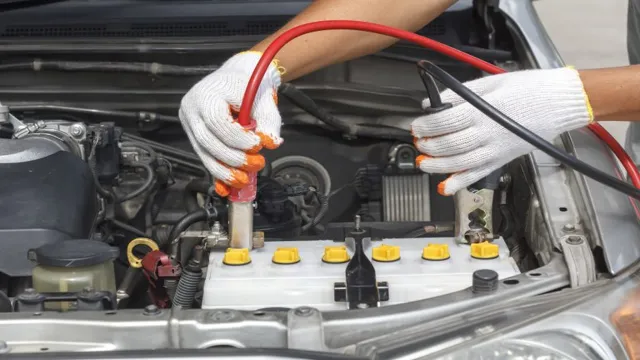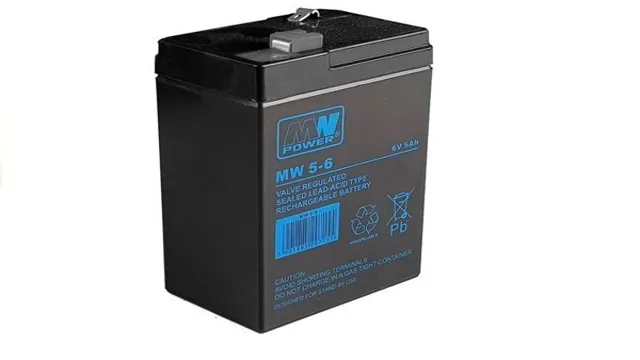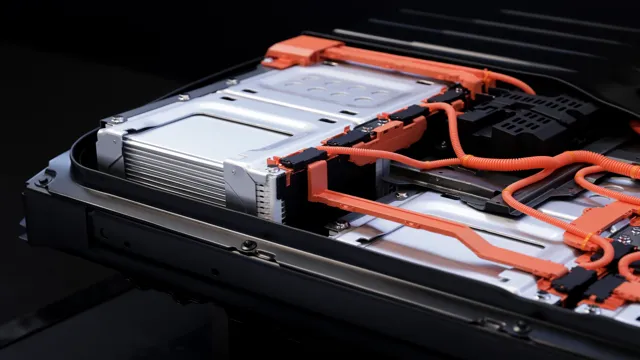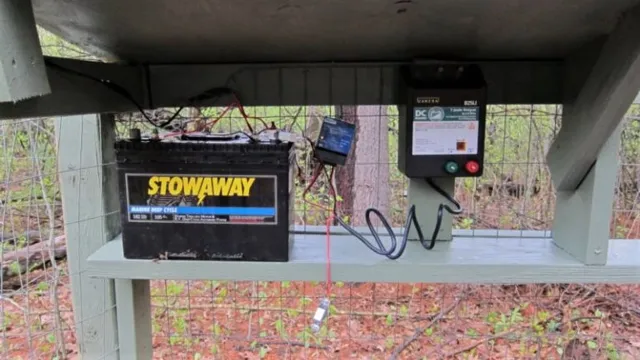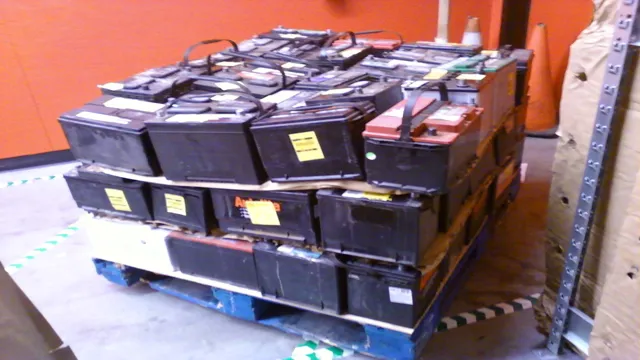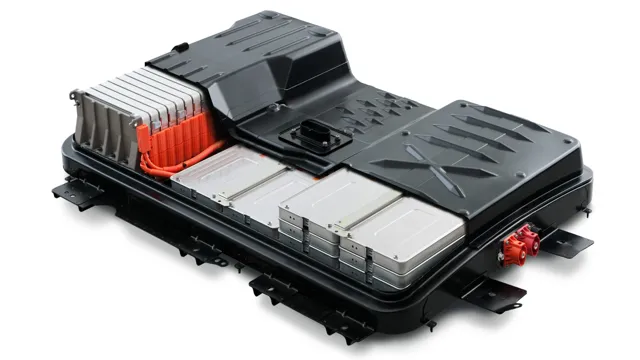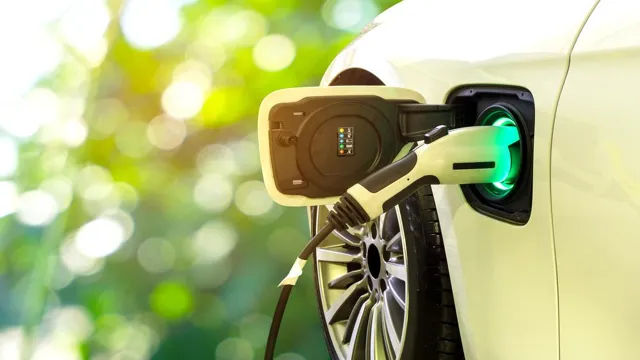Unveiling Common Car Battery Electrical Problems and Solutions
Are you tired of your car battery dying unexpectedly? Electrical problems can be frustrating and inconvenient, leaving you stranded and in need of assistance. Perhaps you’ve experienced issues starting your car, or noticed that it’s not performing as well as it used to. Whatever the case may be, car battery electrical problems are quite common and can arise for a variety of reasons.
In this blog, we’ll discuss some of the most common causes of car battery electrical issues, and provide some tips on how to prevent them. So, buckle up and let’s dive in!
Symptoms of Electrical Problems
Car battery electrical problems can cause a variety of symptoms in your vehicle that can be frustrating to deal with. One of the most common symptoms is a slow cranking or clicking sound when you turn the key. This can indicate that there is not enough power flowing through the battery to start the engine.
Another symptom is dimming headlights or interior lights, which may flicker or go out completely while you are driving. This can be caused by a problem with the alternator, which is responsible for recharging the battery while you drive. Other symptoms of electrical problems can include a rough idling engine, loss of power while driving, and even intermittent stalling.
If you are experiencing any of these symptoms, it is important to have your vehicle inspected by a qualified technician as soon as possible, as electrical problems can cause further damage if left unaddressed.
Dead Battery
One of the most frustrating things that can happen to your car is a dead battery. This can happen for a variety of reasons, but most commonly occurs due to the battery simply running out of charge. Symptoms of an electrical problem include difficulty starting your car, dimming headlights, and a weak or dead battery.
If you notice any of these signs, it’s important to get your car inspected by a professional mechanic to determine the root cause of the issue. In many cases, a simple battery replacement or charging solution can fix the problem, but in more severe cases, there may be underlying electrical issues that require more extensive repairs. Don’t ignore these signs of an electrical problem; take action as soon as possible to ensure that your car stays reliable and safe on the road.
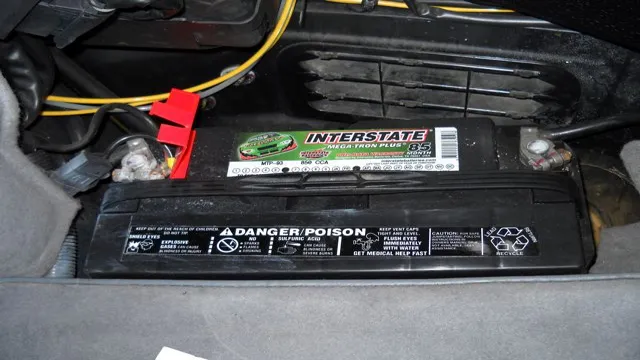
Difficulty starting the engine
If you’re having difficulty starting your engine, it could be due to a number of electrical problems. One symptom of these issues is an engine that cranks but won’t start. This could be caused by a weak battery or a faulty starter motor, which are both components of your vehicle’s electrical system.
Another symptom of electrical problems could be a dimming or flickering of your headlights when you try to start the engine. This could indicate a worn alternator or loose connections in the electrical system. One way to avoid these issues is to regularly maintain your electrical system, including checking your battery, starter motor, alternator, and all connections.
Don’t let electrical problems leave you stranded – keep an eye out for these symptoms and take action when necessary. Remember, prevention is key to avoiding more costly repairs down the road.
Dashboard warning lights
Dashboard warning lights are a very useful feature available in modern vehicles; they alert drivers to potential issues with their car, from low fuel to engine problems. One of the most common reasons for dashboard warning lights to turn on is electrical problems within the vehicle. These problems can manifest as a variety of symptoms, such as flickering lights, radio interference, or even a complete loss of power to certain systems.
If you notice any of these symptoms, it’s essential to get your car checked by a professional mechanic as soon as possible to prevent further damage or potential safety issues. A malfunctioning electrical system can cause serious problems, such as battery failure, alternator issues, or fuse blowouts, which can lead to costly repairs down the line. Don’t ignore dashboard warning lights; they’re the first indication of potential electrical issues and should be addressed promptly.
Causes of Electrical Problems
Car battery electrical problems are a common occurrence that can leave you stranded when trying to start your vehicle. Many factors can cause electrical issues with your car battery, including age, weather, and poor maintenance. As car batteries age, they lose their ability to hold a charge, and the terminals can become corroded, restricting the flow of electricity.
Extreme weather conditions such as hot summers and cold winters can also affect the battery’s performance and lead to failure. Poor maintenance practices or improper installation can further contribute to electrical problems by causing short circuits or draining the battery. It’s essential to have your battery checked regularly to ensure it’s in good condition and replace it as needed.
By taking care of your car battery, you can avoid the frustration and inconvenience of electrical problems and ensure your vehicle starts smoothly every time.
Corroded Battery Terminals
Corroded Battery Terminals Electrical problems can be frustrating and dangerous. One common cause of electrical problems is corroded battery terminals. Corrosion occurs when the terminals come into contact with air and moisture, which can cause a buildup of sulfuric acid deposits.
Over time, this buildup can prevent the battery from charging properly, leading to a dead battery or damaged electrical components. So, why do battery terminals corrode? There are several reasons. One is simply age – as a battery ages, corrosion can occur.
Another reason is exposure to extreme temperatures, which can cause the battery to expand and contract, leading to cracks in the terminals. Finally, overuse can also cause corrosion – if you frequently leave your car sitting for long periods without starting it, this can lead to a buildup of sulfuric acid deposits. To prevent corrosion from occurring, it’s important to take steps to maintain your battery.
One way to do this is by regularly checking the terminals and cleaning any corrosion that you see. You can do this by using a wire brush or sandpaper to remove any buildup. Another way to prevent corrosion is by applying a special anti-corrosion spray to the terminals.
This can help to prevent sulfuric acid deposits from forming, even in challenging conditions. Overall, understanding the causes of electrical problems is an important step in preventing them from occurring. By taking steps to maintain your battery and prevent corrosion, you can help to keep your electrical system running smoothly and avoid frustrating and potentially dangerous electrical issues down the line.
Faulty Alternator
If you find that your car’s electrical system isn’t working correctly and you’re experiencing dimming lights, dashboard warning lights, or have trouble starting your vehicle, it could be a sign of a faulty alternator. The alternator is responsible for charging the battery and supplying power to various electrical components in the car. If it’s not working correctly, you can end up with a dead battery and be left stranded.
There are several reasons why an alternator may fail, including worn-out bearings, damaged rotor or stator, or a faulty voltage regulator. Regular maintenance can help prevent these issues, so if you notice any problems with your car’s electrical system, it’s crucial to have it checked out by a professional technician. By doing so, you’ll save yourself from costly repairs down the road and ensure your car is operating safely and efficiently.
Old Battery
One of the most common causes of electrical problems in vehicles is an old battery. Over time, batteries lose their ability to hold a charge, and this can lead to all sorts of issues. If you’re experiencing problems starting your car, for example, it could be because your battery is nearing the end of its life.
Other signs of a dying battery include dimming headlights, slow electrical accessory performance, and strange noises when turning the ignition. While batteries can last several years, they are not designed to last forever. If you’re experiencing any of these problems, it’s important to have your battery checked by a qualified mechanic to see if it needs to be replaced.
Otherwise, you could be putting yourself at risk of a roadside breakdown or an accident caused by a dead battery. So stay on top of your vehicle’s battery health, and you’ll go a long way towards ensuring reliable and trouble-free driving.
Preventing Electrical Problems
Car battery electrical problems can be a major inconvenience and a safety hazard on the road. To prevent these issues, it’s important to regularly maintain and check your car’s battery. Start by keeping the battery clean and free of corrosion, which can cause electrical shorts and damage to the battery.
Check the battery terminals for any signs of corrosion or loose connections, and tighten as needed. It’s also important to avoid leaving electrical accessories on for extended periods of time, as this can drain the battery. If you notice any warning signs, such as slow cranking or a dimming of the headlights, have your battery checked by a professional.
Regular maintenance and preventative care can help extend the life of your car’s battery and prevent unexpected electrical problems on the road.
Regular Maintenance
Regular maintenance is crucial when it comes to preventing electrical problems in your home or business. One of the best ways to ensure that your electrical system runs smoothly is to inspect it regularly. It’s essential to check the wiring, outlets, switches, and other electrical components to make sure they’re in good condition, without any signs of damage or wear and tear.
When unchecked, these components could become a significant fire or electrocution hazard. A professional electrician can help you perform routine maintenance and detect any potential issues before they become more extensive and expensive to fix. Keeping your electrical system in good condition will save you money, ensure safety, and guarantee that you’re not left without power when you need it the most.
So, stay on top of preventive maintenance tasks and keep your electrical components functioning optimally!
Using Electronic Devices Carefully
When we use electronic devices, it is essential that we use them carefully to prevent any electrical problems. One way to do this is by making sure we use the correct voltage and wattage for the devices we are using. Overloading an electrical outlet with too many devices or using an appliance with the wrong voltage can potentially cause electrical damage to the device or even pose a fire hazard.
Additionally, it is important to regularly inspect the cords and wires for any signs of fraying or damage to prevent electrocution and electrical fires. Remember, taking these small precautions can go a long way in keeping you and your devices safe. So, next time you plug in your electronics, take the time to ensure everything is in good working order.
Your safety and the longevity of your devices are worth it.
Conclusion
In conclusion, dealing with car battery electrical problems can be as frustrating as trying to untangle a nest of headphone cords. However, it’s important to remember that just like how playing calming music can help detangle cords, seeking professional help can make quick work of resolving car battery issues. So don’t let car battery woes get you charged up – let the experts handle the situation and have you back on the road in no time!”
FAQs
What are common signs of car battery electrical problems?
Common signs of car battery electrical problems include dimming headlights, slow cranking or clicking sounds when starting the car, and electrical components not functioning properly.
How do I know if my car battery needs to be replaced?
If your car has trouble starting, the headlights are dim, or there is a clicking sound when you turn the key, your car battery may need to be replaced.
Can extreme temperatures cause car battery electrical problems?
Yes, extreme temperatures can cause car battery electrical problems. Cold weather can cause the battery to lose its charge, while hot weather can cause the battery to overheat and fail prematurely.
How often should I have my car battery checked for electrical problems?
It is recommended to have your car battery checked at least once a year, particularly before the colder months or before long road trips. This will help ensure that your battery is functioning properly and prevent unexpected breakdowns.

